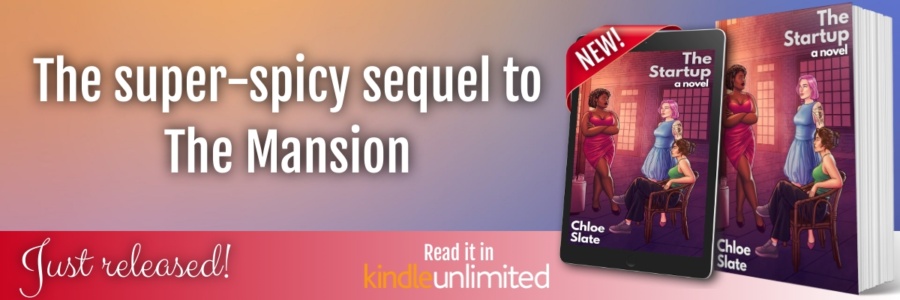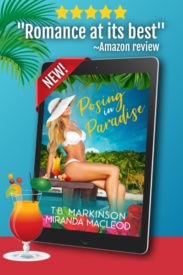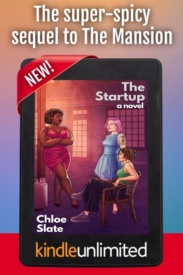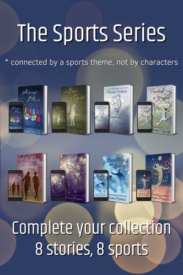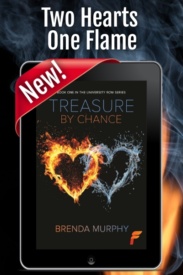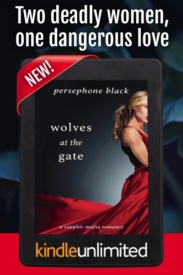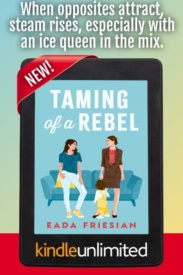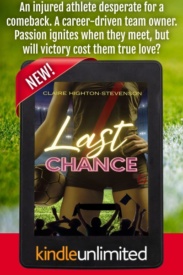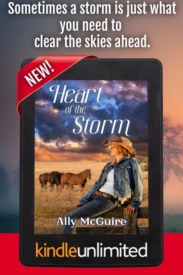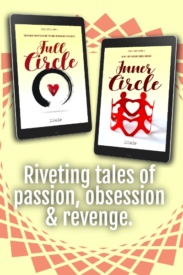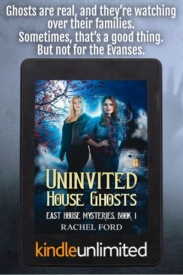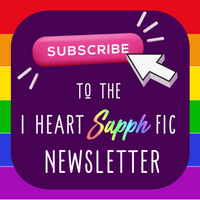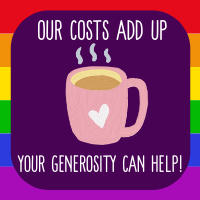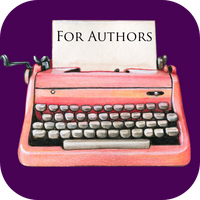 Have a finished manuscript and not sure what to do next?
Have a finished manuscript and not sure what to do next?
Maybe you’ve just finished writing 50k words for NaNo, (if so, congrats!). You may be wondering what to do with it.
Today we’re lucky to have Cara Malone, sapphic author and editor, with a guest post to discuss working with an editor.
Take it away, Cara!
Working with a Professional Editor
In the last installment of this two-part series, I talked about what you can do to effectively self-edit your work, either in preparation for working with a professional editor or when going it alone.
Today, let’s talk about the process of finding and working with a professional editor.
What Kind of Editor Do I Need?
When your book is ready for an editor’s input, the next question you’ll need to ask is, “What kind of feedback do I want?”
Editors typically offer three levels:
1. Proofreading – the most basic (and cheapest) level, this includes spelling, punctuation, grammar errors, and typos
2. Copyediting – includes things like consistency in tone, pacing and dialog, correcting wordy and confusing sentences, catching obvious plot holes and pointing out style issues such as cliches and showing versus telling; often includes proofreading as well, but be sure to ask!
3. Developmental editing – the most thorough (and expensive) level, and typically does not include proofreading or copyediting; a high-level analysis of the manuscript including characters, plot, conflict and pacing
Which level of edits you need will depend on how “clean” your manuscript is and how much rewriting you are prepared to do. Always ask an editor you’re planning to work with what is included in the service you’re booking, as this will differ slightly from person to person.
How Do I Find an Editor?
There are a number of ways you can find an editor – first and most reliable, ask your author friends! They’ll be able to tell you who they’ve worked with and provide references… and even more importantly, they can tell you who to stay away from.
If you are a member of a professional organization for writers, like GCLS, the Alliance of Independent Authors or Romance Writers of America, check the resources available to members – often, there’s a directory of editors.
Other sources for editors include writing forums and Facebook Groups like I Need An Editor. When reaching out to an editor without a personal recommendation, be on the lookout for red flags and be sure to evaluate their services before handing over any money.
For any editor you’re considering working with, ask for:
1. A sample edit – the majority of editors are used to this request and will provide a free sample of their work on around one chapter of your manuscript
2. References or look for testimonials on their website or social media page
3. Their rates; most charge by the word, and rates can vary widely depending on the editor’s experience level
4. The turnaround time, or how long it will take for them to return your edited manuscript
5. What genres they edit, particularly if you’re booking developmental or copyedits – if they’re unfamiliar with your genre, they will not be able to pick up on important
genre conventions and this will result in more generic edits
Keep in mind that good editors are often booked several months or even a year out – don’t leave this task to the last minute. Find your editor in advance, and book them as soon as you know when the manuscript will be ready.
Getting the Right Kind of Feedback
It can be nerve-racking to show your work to anyone, let alone a stranger. To also open yourself up to criticism… where’s the nearest table I can hide under?
Having a good relationship with your editor is important, and what constitutes ‘good’ is very individual – do you work better with gentle criticism, or would you rather read comments that get right to the point? How much back-and-forth communication do you want to have about the editor’s comments and your corresponding changes?
Don’t be afraid to ask for what you need – even if it’s compliments! Sometimes all we need to digest all that constructive criticism (and remember that, in spite of all those red marks, we are competent writers) is a little bit of encouragement mixed in with the suggestions.
You also shouldn’t hesitate to ask your editor to look out for known problems (do you use the word ‘just’ like it was free and you were the last customer in the store?), or ignore other things (I know my casual American ways don’t include the past perfect tense nearly enough for British readers, but I’m at peace with it). A good editor will be open to feedback and willing to adapt to give you the best edit possible and help you improve your style.
A good editor will catch the majority of your proofreading issues (no one is perfect – a few errors will slip through no matter how many rounds of edits your book gets). They will deliver feedback in a way that’s helpful and palatable. And they will know how to polish your writing while also preserving your unique style and your characters’ voices.
What to Do When Things Aren’t Working Out
There are as many different writing styles and processes as there are writers in the world. Editors are a bit more standard in the services they offer and how those services are rendered, but there’s still an issue of compatibility between a writer and editor. And sometimes, you just don’t vibe with each other.
That’s okay!
Asking for a sample edit before you start to work with someone new will hopefully identify any major deal-breaker problems, but sometimes you don’t know until you get your edited manuscript back that a certain editor isn’t for you. Maybe it’s the tone of their comments, or the thoroughness of their proofread.
Whatever the reason, don’t be afraid to cut ties and reach out to someone else.
There are a lot of editors in the world, and with diligence, you can find one that’s the perfect fit for you and your books.
About the Author
 You may know me as sapphic romance author Cara Malone.
You may know me as sapphic romance author Cara Malone.
I also edit fiction and nonfiction over at Happy Ever Author, with a bachelor’s degree in English and ten years of freelance editing experience. I use my experience on both sides of the aisle – as both an author and an editor – to tailor my services to indie author needs.


